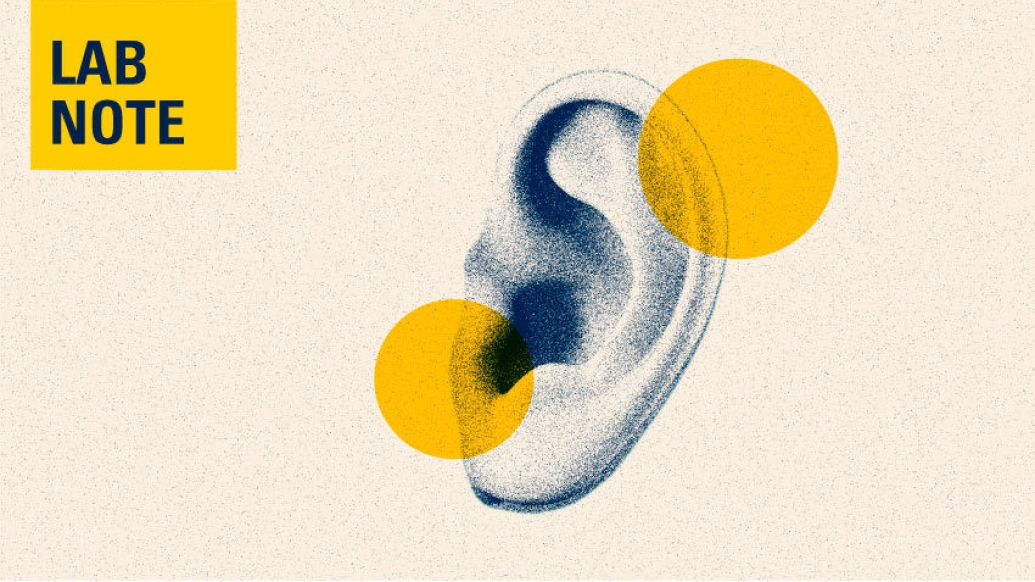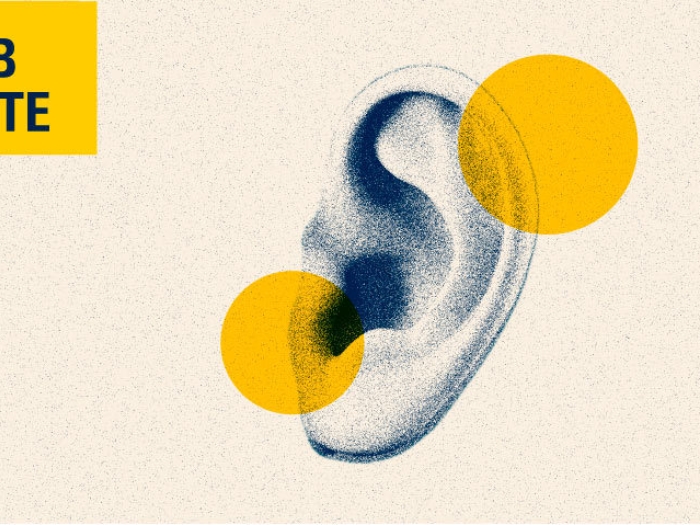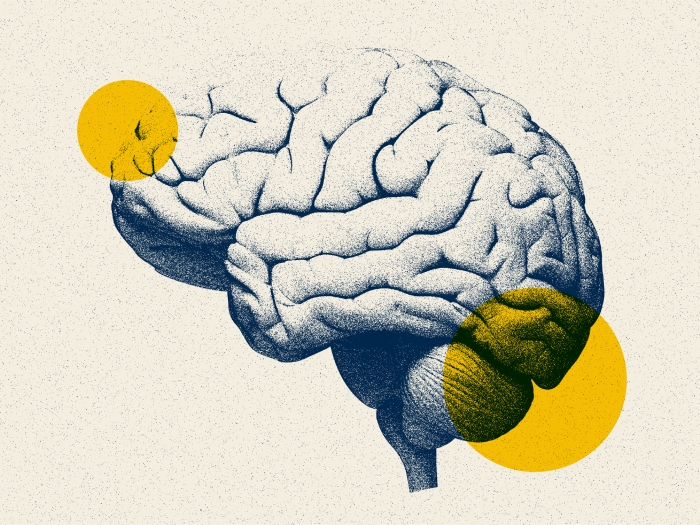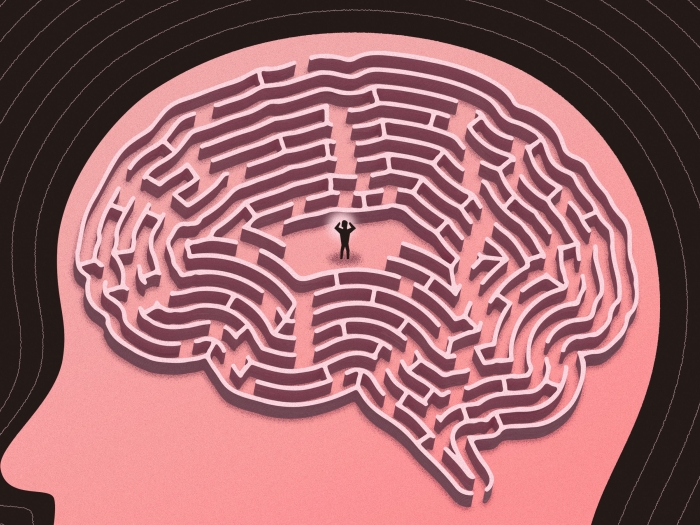A team examines neurons in the inferior colliculus to better comprehend the mechanisms behind hearing and speech.
11:00 AM
Author |

To make sense of sound, our brains perform very important and precise auditory computations that are essential for sound and speech processing.
Marina Silveira, Ph.D., a postdoctoral fellow at Michigan Medicine's Kresge Hearing Research Institute, teamed up with Michael Roberts, Ph.D., assistant professor of otolaryngology, to better understand how neurons of one section of the brain, the inferior colliculus, or IC, perform these computations. Their findings were recently published in The Journal of Neuroscience.
"For a long time, it was difficult to understand the organization of neurons in the inferior colliculus because we did not have the tools to identify distinct neuron types in the IC," said Silveira. "Therefore, understanding how different classes of neurons contribute to these important auditory computations was a challenge."
Silveira and her team identified the first distinct class of "inhibitory neurons" in the IC that are identified by the expression of neuropeptide Y, which is a small protein that plays a big part in communication with other neurons in the brain. For example, this neuropeptide has been proven to be a key factor in metabolism, fear and even epilepsy.
"However, we still didn't know what the role of neuropeptide Y is in the central auditory pathway," said Silveira. "And that is what inspired our study in mice."
The team's work further examined how this specific protein impacts auditory processing by performing various in vitro experiments using "patch clamp electrophysiology."
"This approach allows for the recording of neuron activity by using a very small electrode that registers any changes in voltage and current in a single neuron," Silveira added. "Once we identified the inhibitory neurons, we became inspired to do more. In our future experiments, we will couple our work with in vivo recordings to further investigate how neuropeptide Y shapes sound processing. Ultimately, we want to investigate the role of neuropeptide Y in auditory computations. One of our hypotheses, that will be investigated during an upcoming K99/R00 award, is that neuropeptide Y signaling might be involved in age-related hearing loss."
Paper cited: "Neuropeptide Y Expression Defines a Novel Class of GABAergic Projection Neuron in the Inferior Colliculus," The Journal of Neuroscience. DOI: 10.1101/812388
Like Podcasts? Add the Michigan Medicine News Break on iTunes, Google Podcasts or anywhere you listen to podcasts.

Explore a variety of healthcare news & stories by visiting the Health Lab home page for more articles.

Department of Communication at Michigan Medicine
Want top health & research news weekly? Sign up for Health Lab’s newsletters today!





